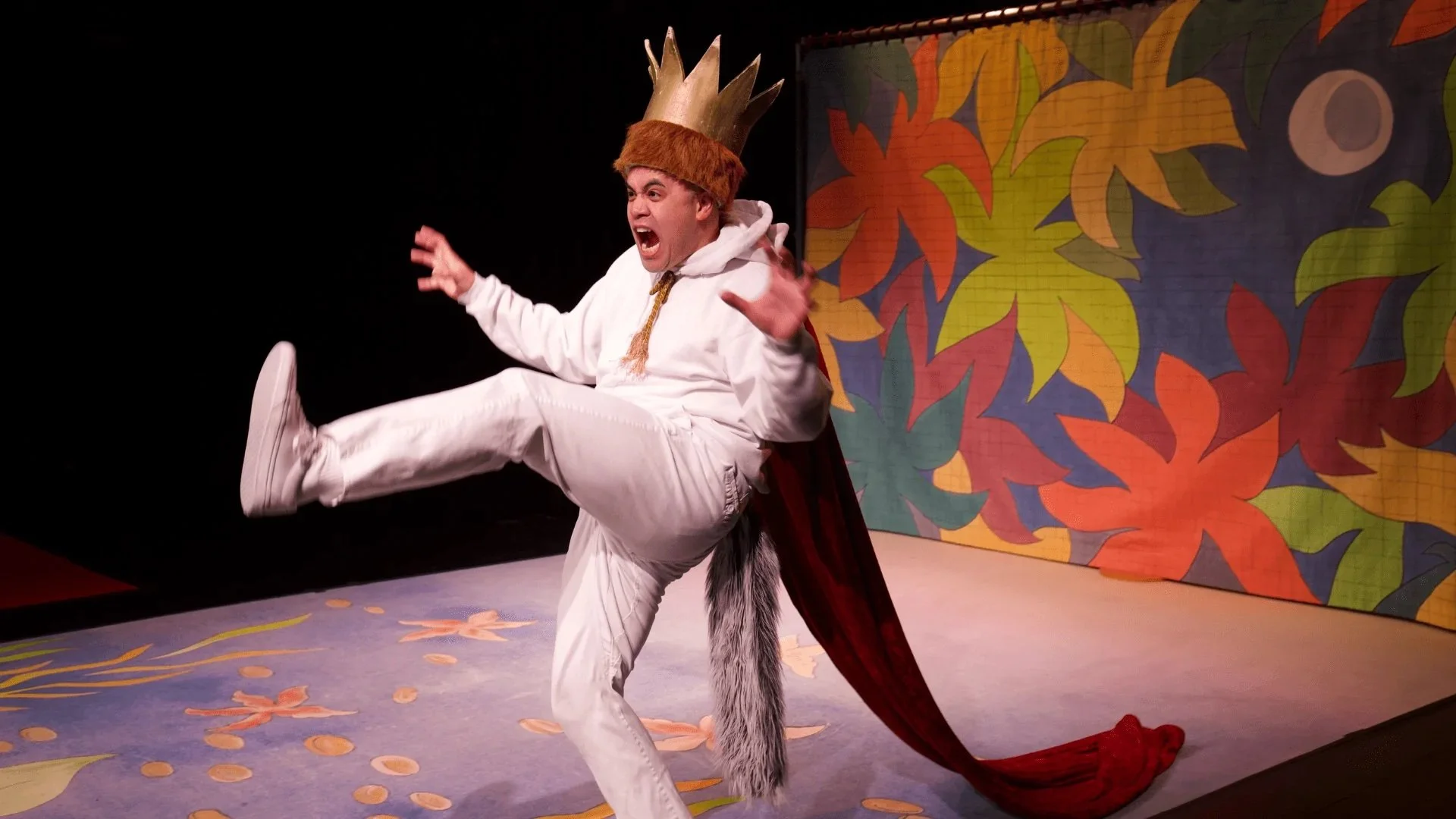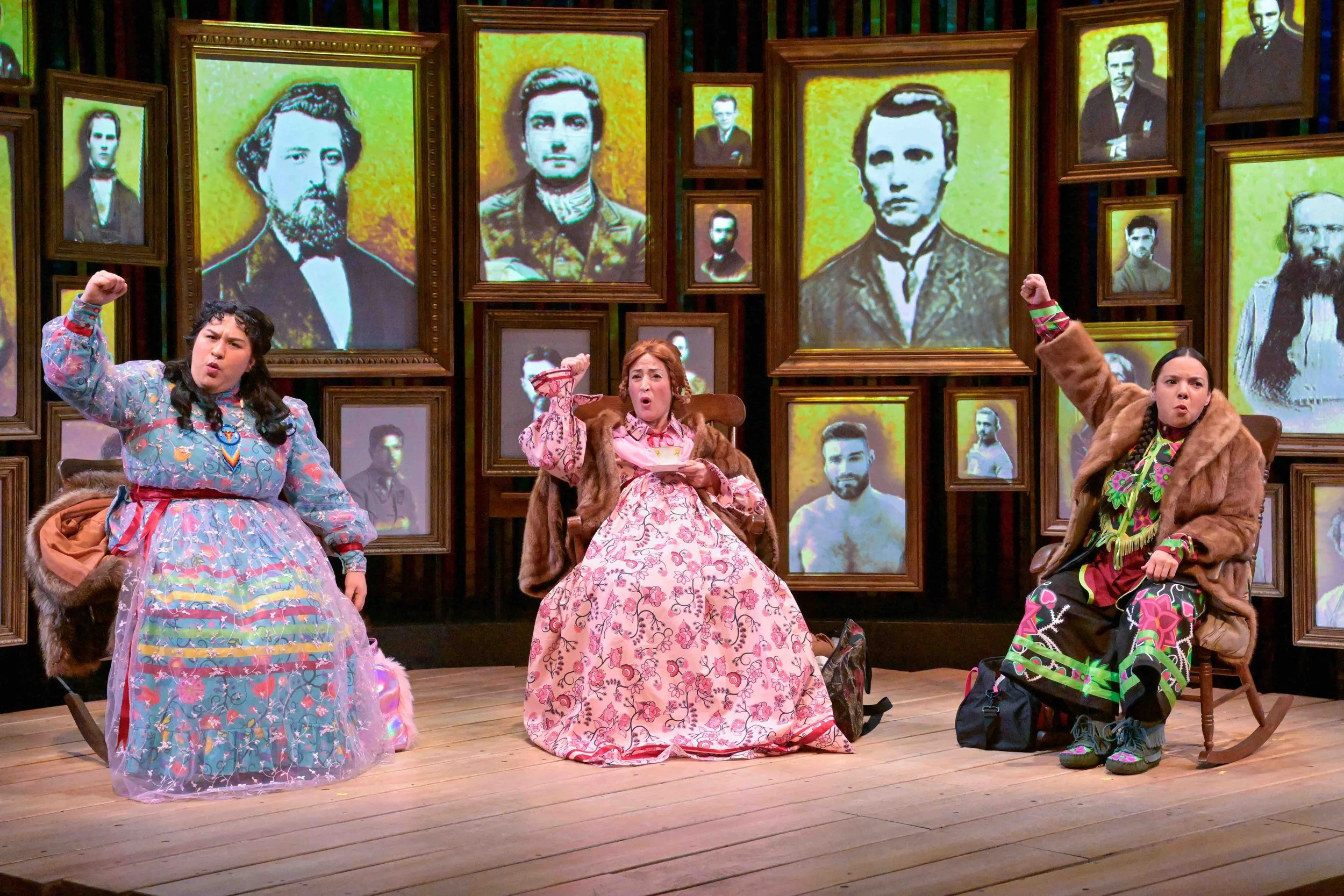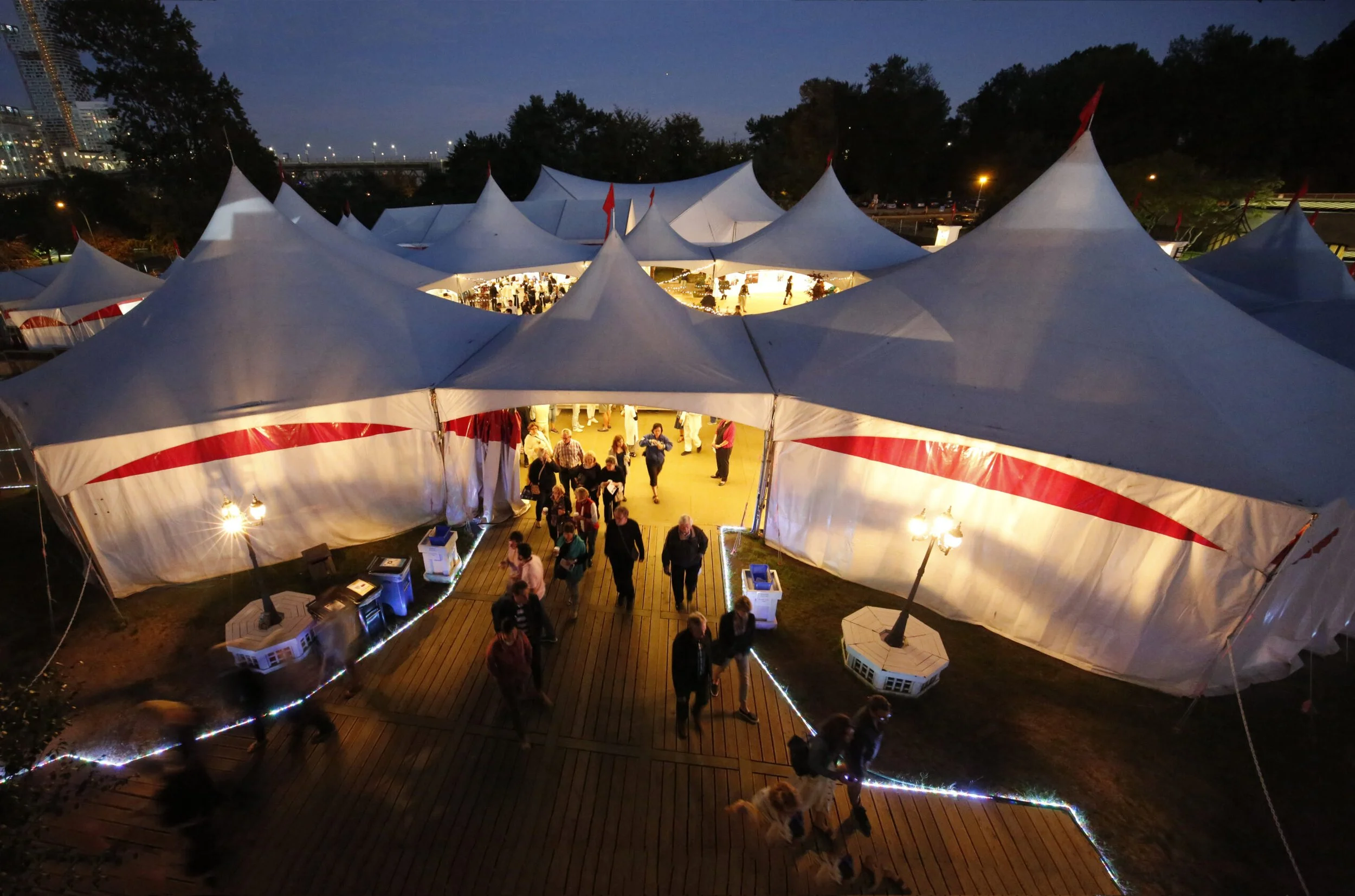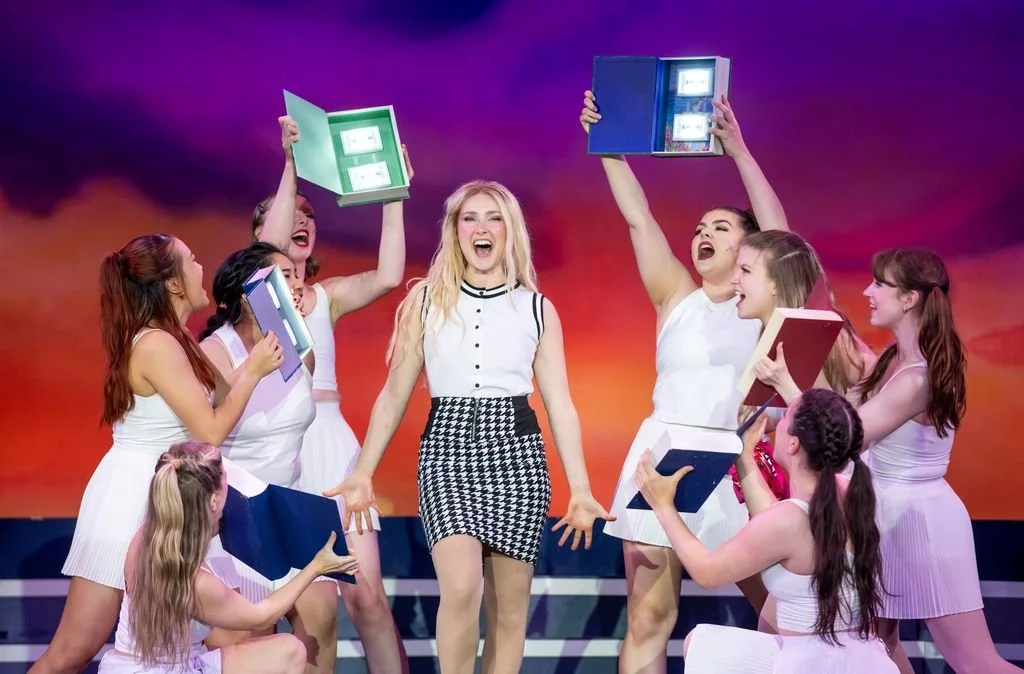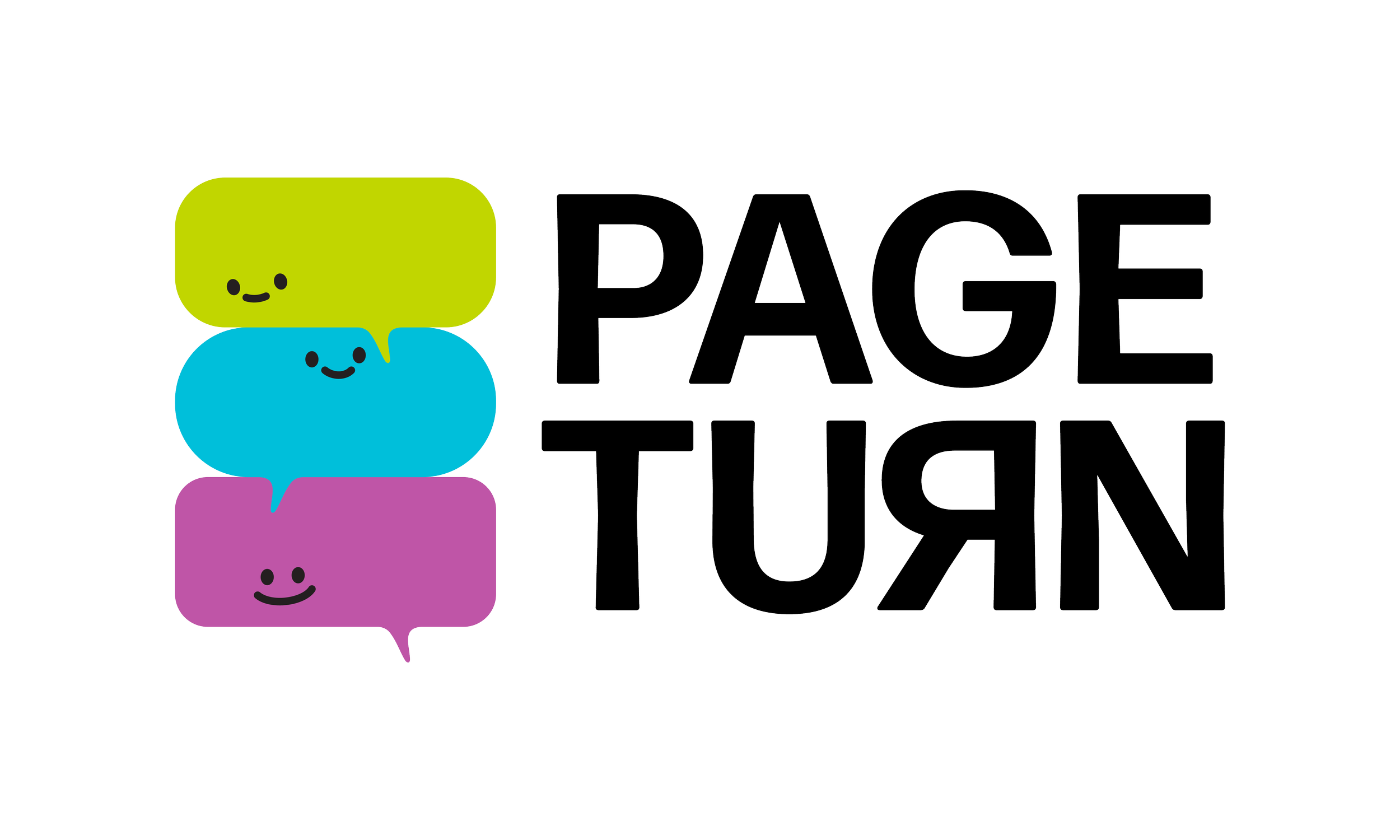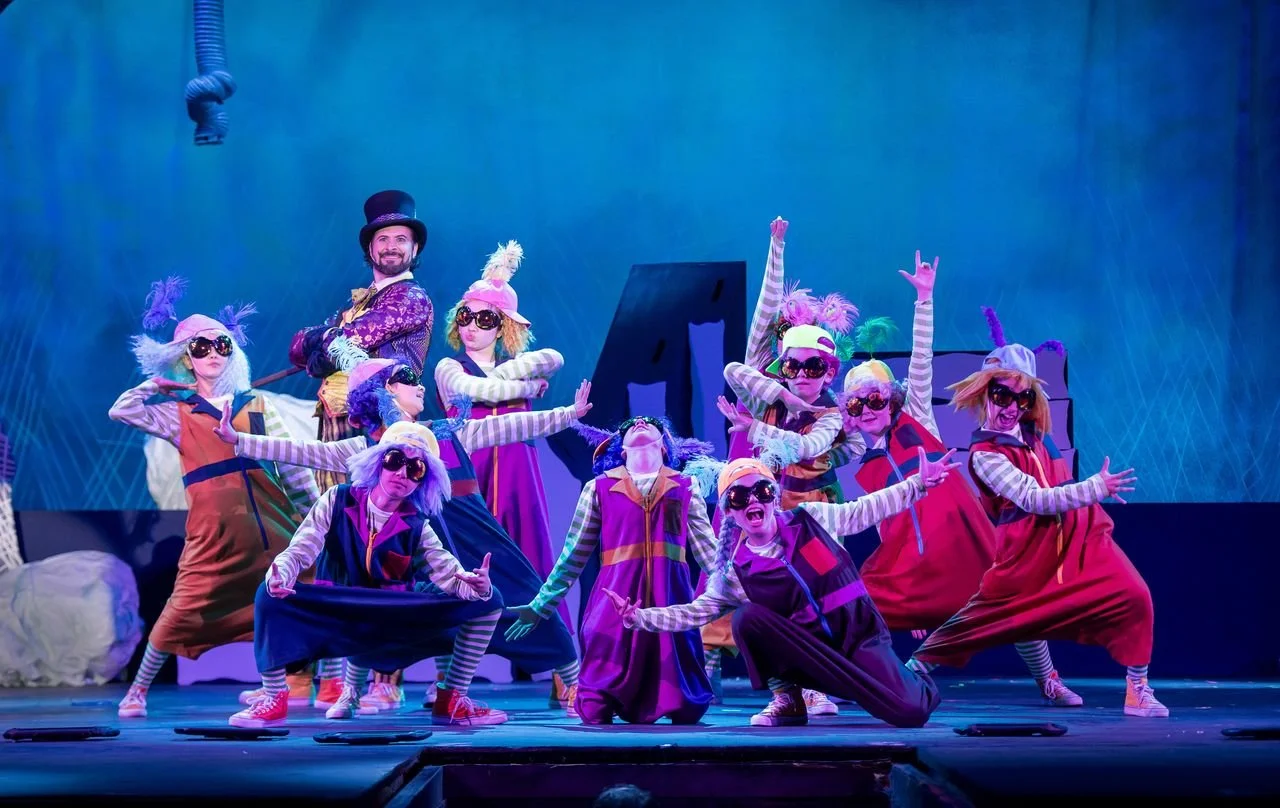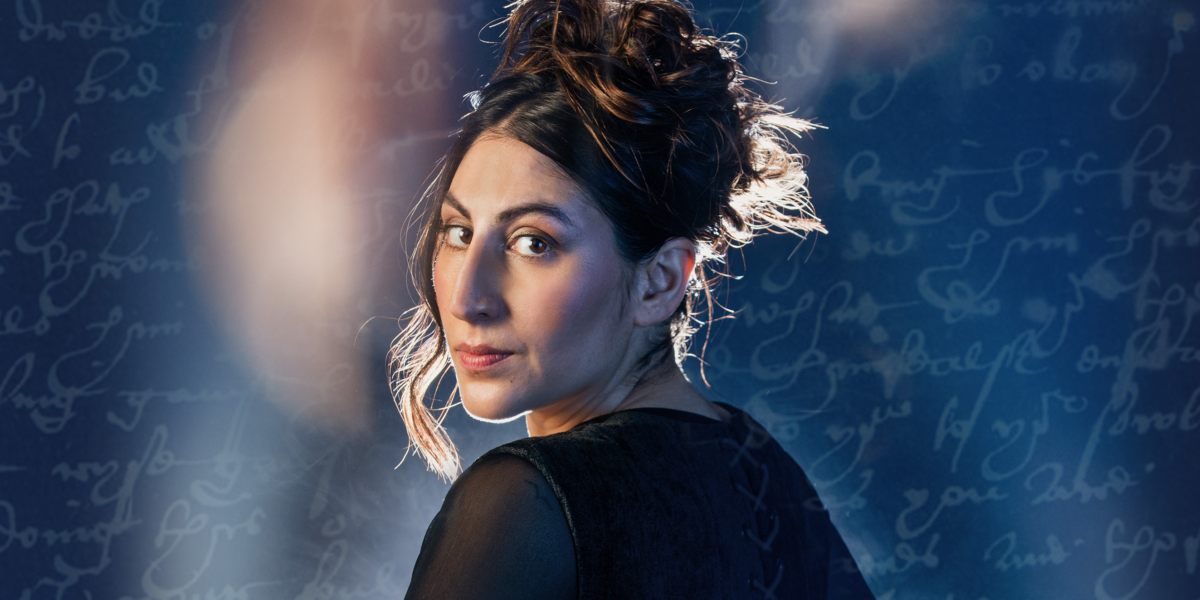Tremors Festival artists crack open the mystery of dreams, both conscious and unconscious
Howard Dai’s Dream Machine pulls inspiration from Taiwanese game shows, while Paige Louter’s Nod acknowledges chronic fatigue
In Dream Machine, viewers venture throughout Progress Lab 1422. Photo by Jasmine Chen
Dream Machine. Photo by Heather Barr
Rumble Theatre presents Dream Machine and Nod as part of the Tremors Festival, which takes place June 6 to 8 at Progress Lab 1422
HOWARD DAI’S GRANDFATHER used to indulge in his dream of winning the jackpot by buying a $2 lottery ticket every day. And he’s not alone in that—according to a 2018 Statistics Canada survey, 64 percent of Canadians ages 15 and up reported gambling at least once within the year prior.
Gambling is often associated with financial risk, whether that be buying a copious amount of lottery tickets or playing the slots at the casino. And though that money can certainly add up, Dai says, paying a couple of bucks for a scratcher every now and then isn’t too big of a hit to the wallet when it could make one of your greatest desires a reality.
Yet he points out that there is a dream with even higher stakes that people around the world take a gamble on every day: immigration. Parents send their children overseas to live a better life, Dai notes, despite the unpredictability that comes with it.
“Partly for me, it’s also feeling this diasporic guilt, this guilt as children about whether we’re fulfilling things that our parents have wished for us,” the Taiwanese artist tells Stir. Though he was born in Canada, he spent his childhood in Taipei, and eventually moved back here as a teenager. “It’s also me trying to make a statement and make a show that addresses this guilt that we feel, and then hopefully, to kind of—I think it’s too grand to say ‘absolve us’ of this guilt—but to address it, and use dreams to soften the hard feelings that come with this guilt, and maybe promote conversation for us. We can all relate to having dreams and having wishes for ourselves and for other people. And I think that’s a good place to start a conversation or be connected from.”
In Dai’s interactive work-in-development Dream Machine, audience members write down their own dreams on pieces of paper and then use them as tickets to play games in a carnival-style setting. At a workshop last December, those games included beer pong, bean-bag toss, giant inflatable dice-rolling, and roulette. Everyone gets to move around the space and choose which game to take a chance on depending on their skill sets—but when your dreams are the currency, the theoretical cost of losing is major.
Howard Dai. Photo by Chelsey Stuyt
Dai will be showing a half-hour excerpt of the piece at Progress Lab 1422 as part of Rumble Theatre’s annual Tremors Festival, a celebration of experimental and interdisciplinary live performance. The artist first started thinking about dreams a few years ago while writing his play 菠蘿麵包Pineapple Bun, which examines diasporic guilt from within a Taipei bakery. It got him thinking about his grandfather’s lottery tickets in a new light.
“Everyone has dreams,” Dai says. “Everyone has things that they care about and are invested in themselves. Part of Dream Machine is just studying how I can kind of structure or make a show in which the story is already within every single audience member, every single player. So it’s just how to bring them out and make that a fulfilling or meaningful experience for each person, rather than me trying to superimpose a narrative of my own onto them.”
Dream Machine was also, in large part, based on Dai’s lifelong fascination with Taiwanese game shows—reality-TV programs, often hosted outdoors, in which people play all sorts of different games using everyday objects. One of Dai’s favourites is called Hunger Games (not to be mistaken with the dystopian series), in which contestants only get to eat if they win a game. As they get hungrier throughout the day of filming, their abilities get worse.
Dai is incorporating similar threads of entertainment, drama, and creativity into Dream Machine to help create a more welcoming platform for folks to put their personal aspirations out in the open.
“Talking about dreams can be quite a vulnerable thing for people, especially if these are dreams that they’ve had to quote-unquote ‘give up’ on or let go of for whatever reason,” he says. “And sometimes passing through these dreams will conjure up a lot of memories that maybe they don’t want to be thinking about, or bring up hard feelings. So they’re not always good, fuzzy feelings when people talk about dreams.”
Paige Louter. Photo by Chelsey Stuyt
ANOTHER ARTIST AT this year’s Tremors Festival can relate to the vulnerability of dreams in a more literal way. Queer theatre creator and producer Paige Louter will stage Nod, which draws on their own experience with intense daytime sleepiness, vivid dreams, nightmares, and hypnopompic hallucinations. Over a separate Zoom call with Stir, Louter describes the latter phenomenon as “a fancy way of saying it’s the kind of hallucination you have when you’re waking up out of the dream, but the dream stays overlaid with what you’re seeing with your awake eyes.”
Louter based Nod on a specific dream she has where she wakes up in her bedroom, but she thinks she’s fallen asleep during a show, and then becomes paralyzed trying to discern whether she needs to get up and finish the performance or is already safe at home. The artist first had the dream back in 2017 when she was rehearsing the Pacific Theatre presentation Danny and the Deep Blue Sea, which happened to have a mattress on stage. She felt particularly tired one day and took a nap on it, inadvertently starting a thread of dreams.
“It’s really difficult to get a diagnosis for things like chronic fatigue or chronic sleepiness,” Louter notes. “Our medical system is pretty overloaded. And when you have a condition but the symptoms are something that anyone could say, ‘Oh yeah, we’re all really tired,’ it just can be a really, really long road toward getting a diagnosis. So just solidarity for anybody out there who’s also navigating the medical system.”
Archival video still of Paige Louter in Nod.
Nod will take place in an outdoor tent at Progress Lab 1422. Like Dream Machine, it has immersive components to it. For one, audience members will be offered food and beverages to try if they choose, à la Alice in Wonderland, and Louter will make tea and coffee onstage. A soundscape by Shona Struthers and lighting by Phil Miguel will at times lull viewers into a sense of security that is reminiscent of how it felt to fall asleep in your parents’ car as a kid—and for folks who fear they might zone out, fidget toys will be on deck.
Louter’s reasoning for shining light on sleep issues is twofold.
“Part of it is wanting to crack open something that is maybe a bit mysterious or not particularly well understood,” the artist says, “like the experience of sometimes being afraid to go to sleep because I don’t know what nightmare I might have that night. But I also think that while I, and while people who have really specific sleep disorders, have this really specific struggle, everybody I know right now is very tired, you know? Every new parent I know is tired. We live in a world that’s kind of hostile to resting well. So in some ways it’s kind of specifically for me and people with my experience. But I also really think that anyone who’s ever been really exhausted will hopefully get something from the show.”
So whether your dreams come to mind while you’re conscious, unconscious, or somewhere in between, Tremors Festival has got you covered. ![]()


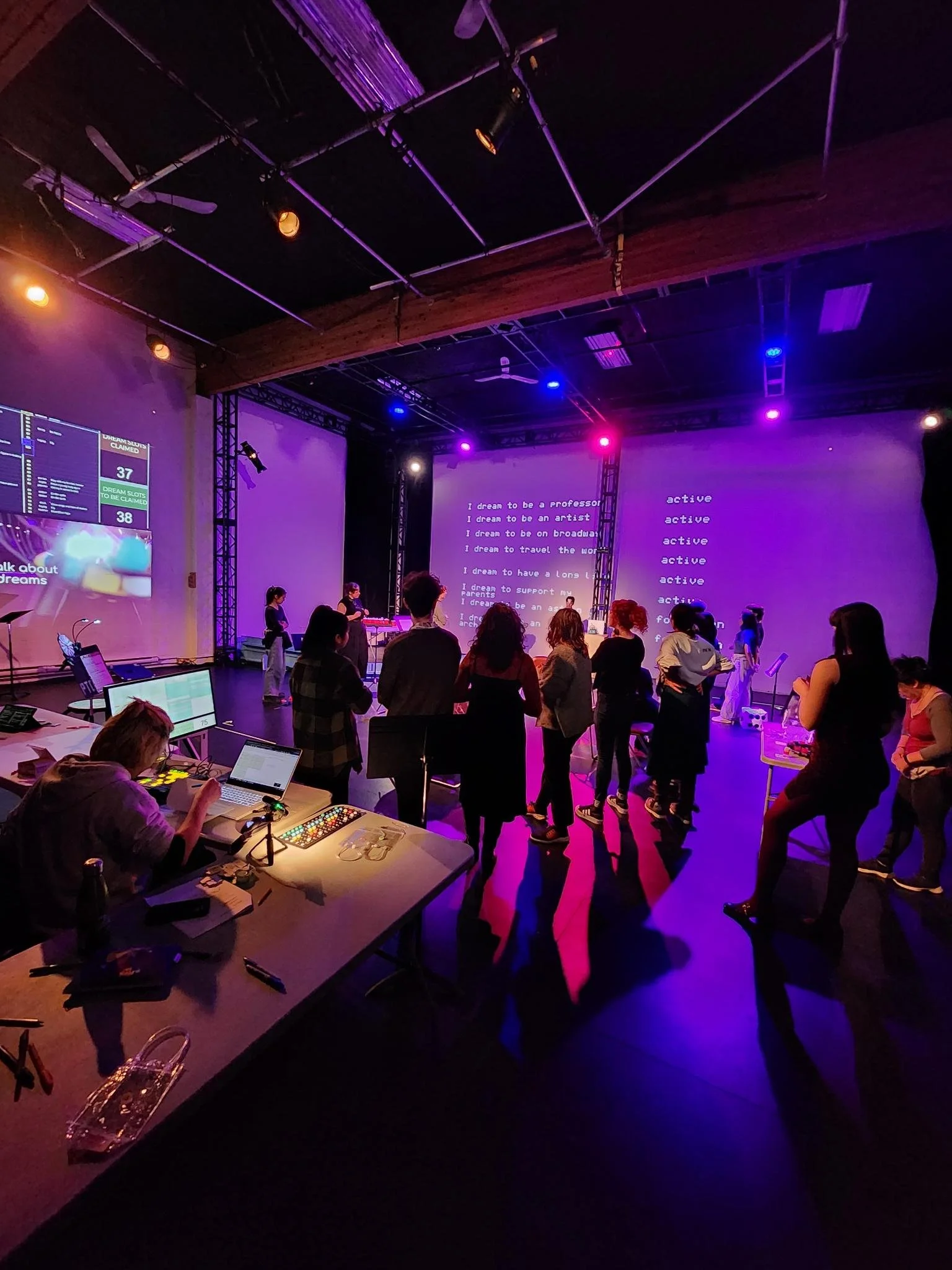
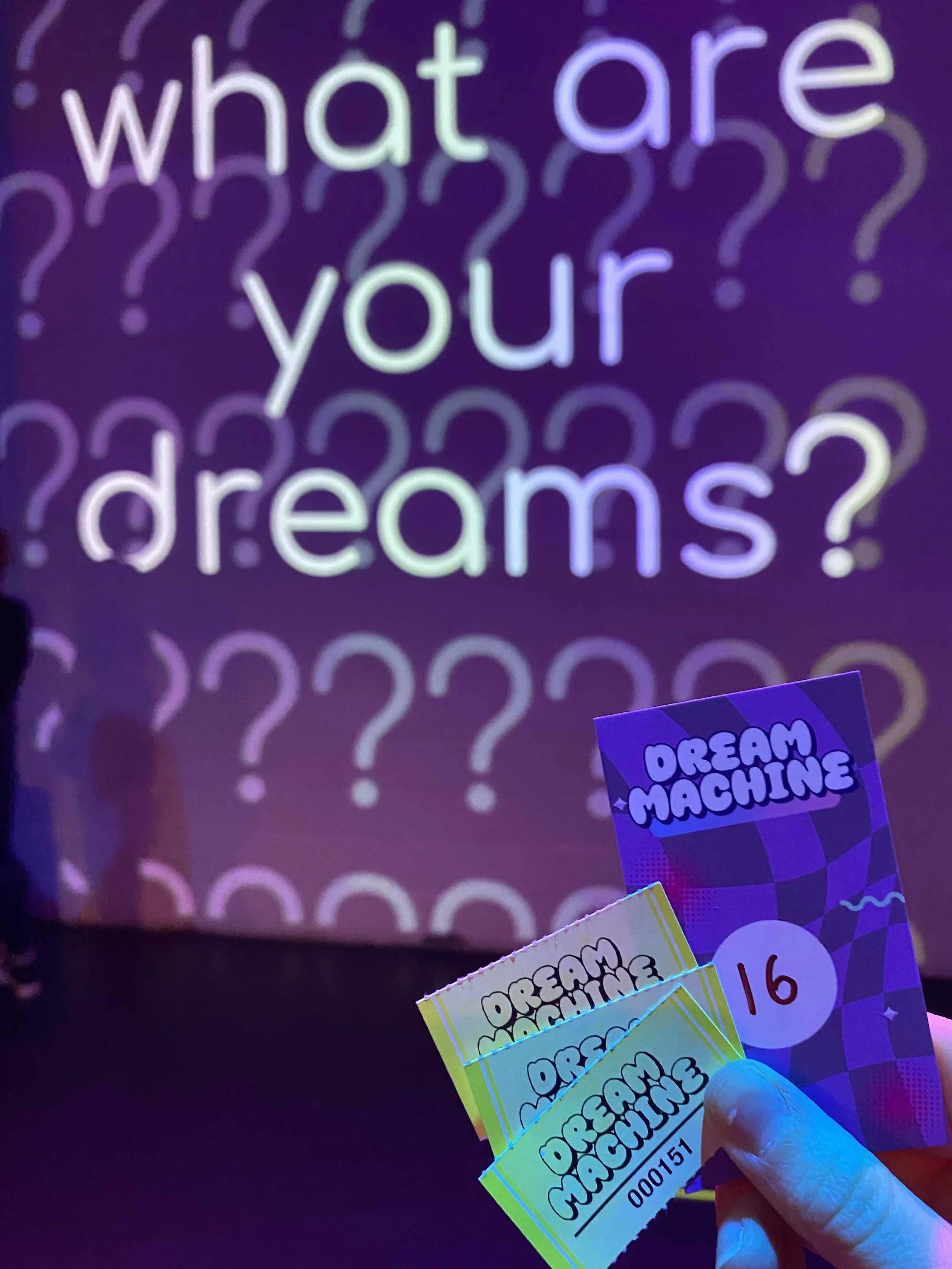
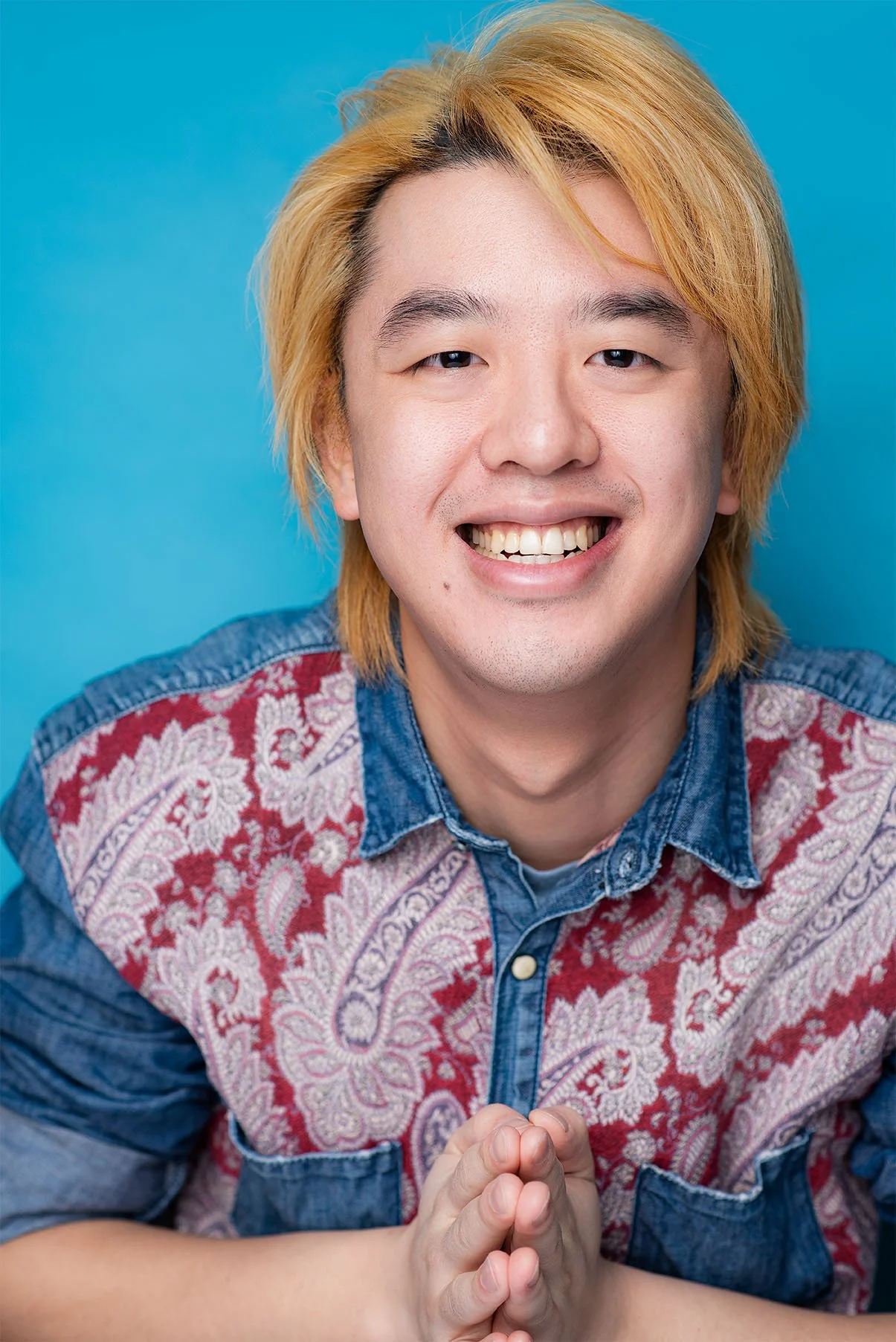
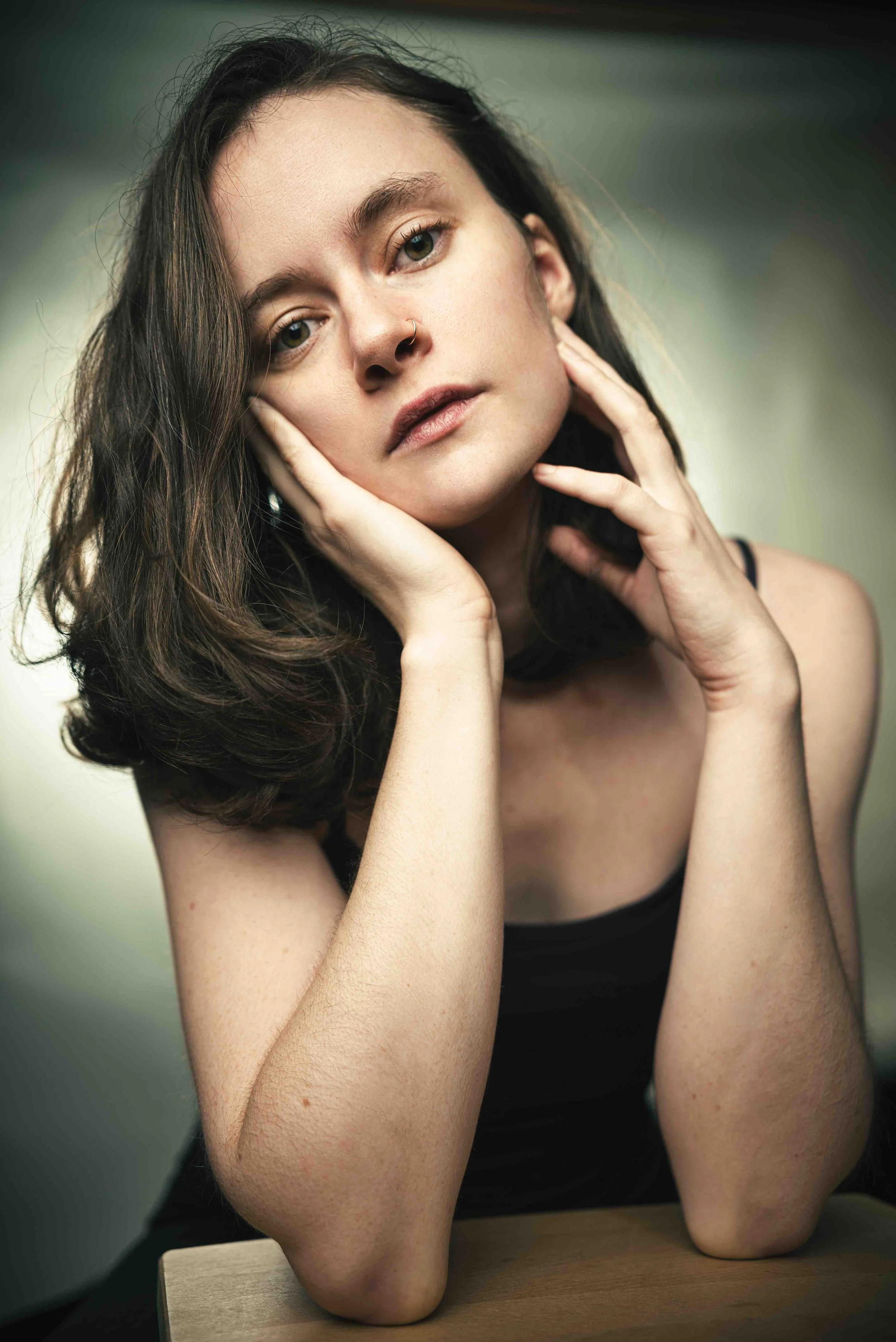


![Theatre review: Complete Works of William Shakespeare (abridged) [revised] [again] takes pleasingly panicked tour of the Bard’s canon](https://images.squarespace-cdn.com/content/v1/5f10a7f0e4041a480cbbf0be/1752776963817-BS2BYYQMLMSGU9OG3E37/Nathan-Kay-and-Craig-Erickson.-Photo-By-Tim-Matheson.jpg)
